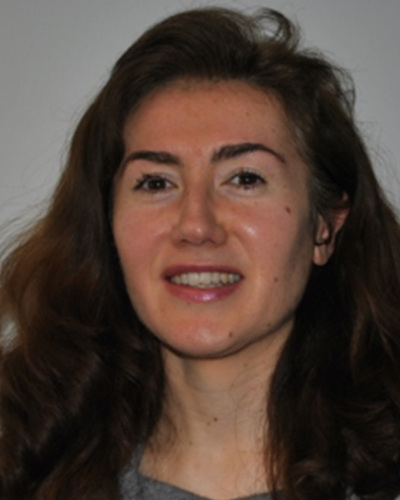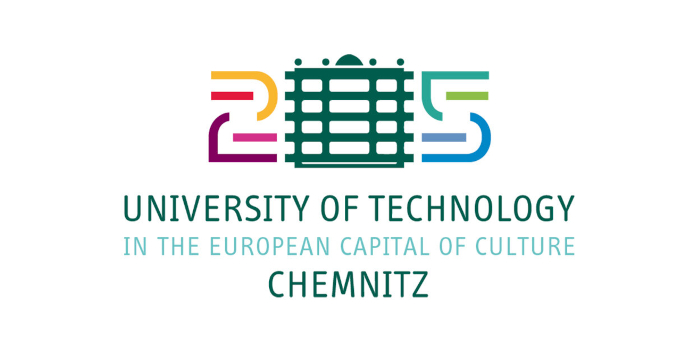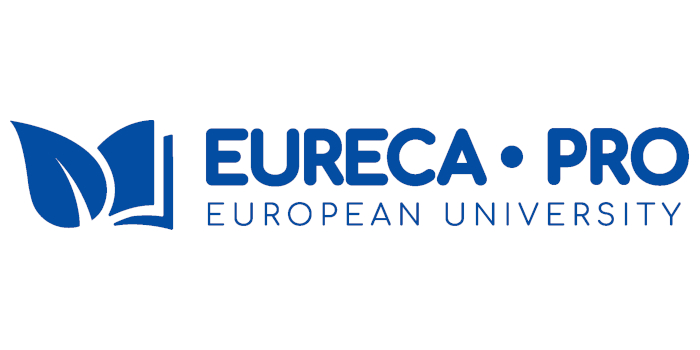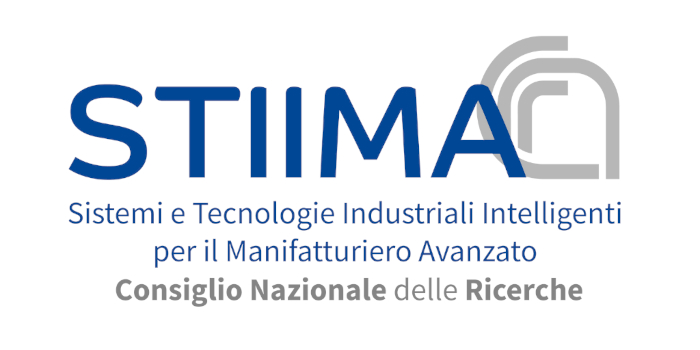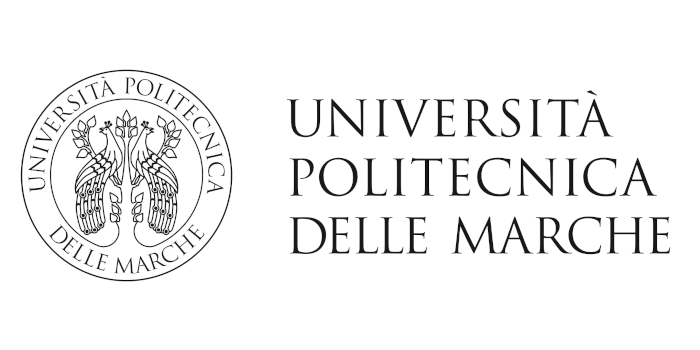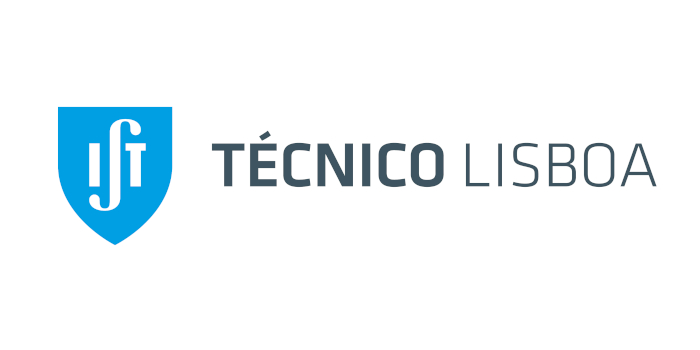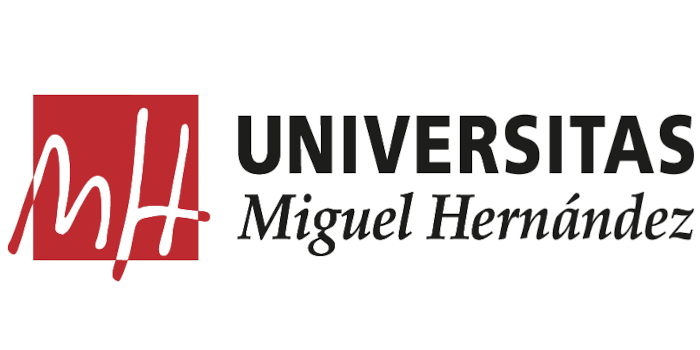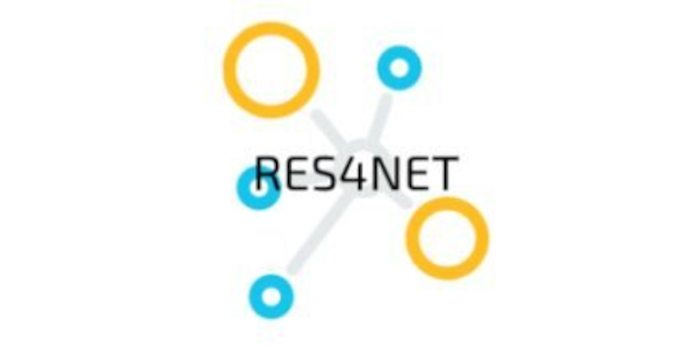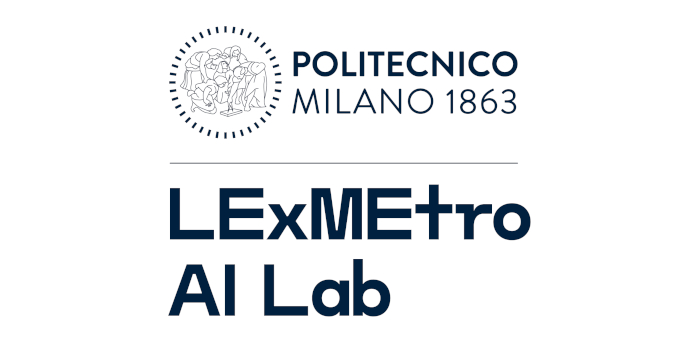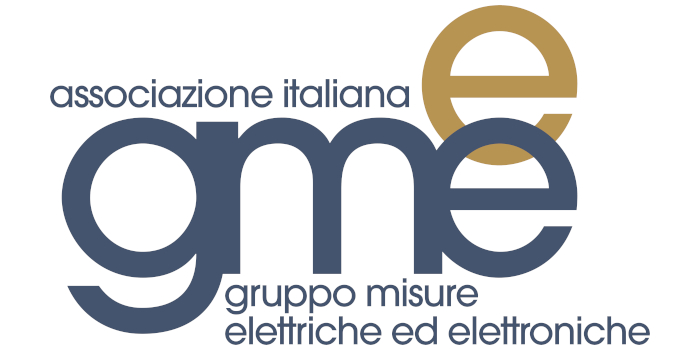THEMATIC SESSION #29
Generation and quality assessment of synthetic data to drive the development of AI systems in medical imaging
ORGANIZED BY
Alessandra Manzin
National Institute of Metrological Research (INRiM)
Danny Panknin
Physikalisch-Technische Bundesanstalt - PTB, Germany
THEMATIC SESSION DESCRIPTION
Synthetic data are playing a pivotal role in the application of AI systems to medical imaging, enabling the creation of virtual patients’ databases, for the robust training and accurate validation of AI algorithms. The availability of well representative medical data is generally cumbersome, due to high acquisition cost, privacy restrictions, large heterogeneity, and insufficient sampling of certain subsets. The expansion of real datasets with synthetic data can improve the reliability and robustness of the AI validation process, reducing bias impact and generalizability issues.
In this scenario it is crucial to create large amount of synthetic data by means of both physics-based simulation and AI-driven generative models, e.g. via generative adversarial networks and diffusion models. Despite the impact of synthetic data on AI model improvement, accurate tests have to be performed to assess their realism and quality, through the use of proper quantitative metrics and comparison to real-world datasets.
This thematic session aims to bring together researchers working on the generation and assessment of synthetic data to support the development of AI systems for medical imaging. Other fields of AI application, where synthetic data can be exploited, are not excluded.
TOPICS
Topics of interest include, but are not limited to:
- AI-driven generative models for medical imaging;
- In silico models for simulation of medical imaging pipelines;
- Metrics for assessment of synthetic data in medical imaging;
- Uncertainty quantification of generative AI for medical imaging;
- Use of synthetic data for training and validation of AI systems in medical imaging;
- Generation of large-scale synthetic datasets.
ABOUT THE ORGANIZER
Alessandra Manzin is a senior researcher at the Istituto Nazionale di Ricerca Metrologica (INRiM) in Torino (Italy). Her main expertise covers the fields of numerical modelling, high-performance computing and data analysis, for applications in biomedicine, material science and metrology. She has been involved in many EU projects under the umbrella of the European Association of National Metrology Institutes (EURAMET), and currently she is coordinating the research project MAIBAI “Developing a metrological framework for assessment of image-based Artificial Intelligence systems for disease detection” (maibaiproject.eu).
Danny Panknin is a postdoctoral researcher at the Physikalisch-Technische Bundesanstalt (PTB), Germany's national metrology institute. Holding a Ph.D. in machine learning from Technische Universität Berlin, he specializes in the theory of active learning and nonparametric learning, and in quality assessment of artificial intelligence in medical applications. Since 2024, he has been a work package lead for the European research project MAIBAI, assessing AI quality aspects, including prediction performance and uncertainty, fairness and robustness analysis, and explanation performance, specifically for image-based systems in breast cancer detection.

